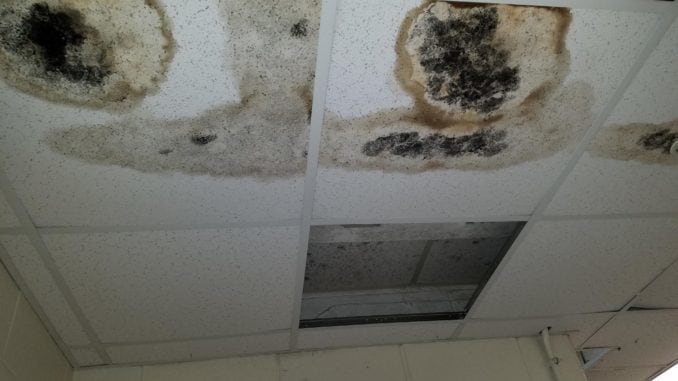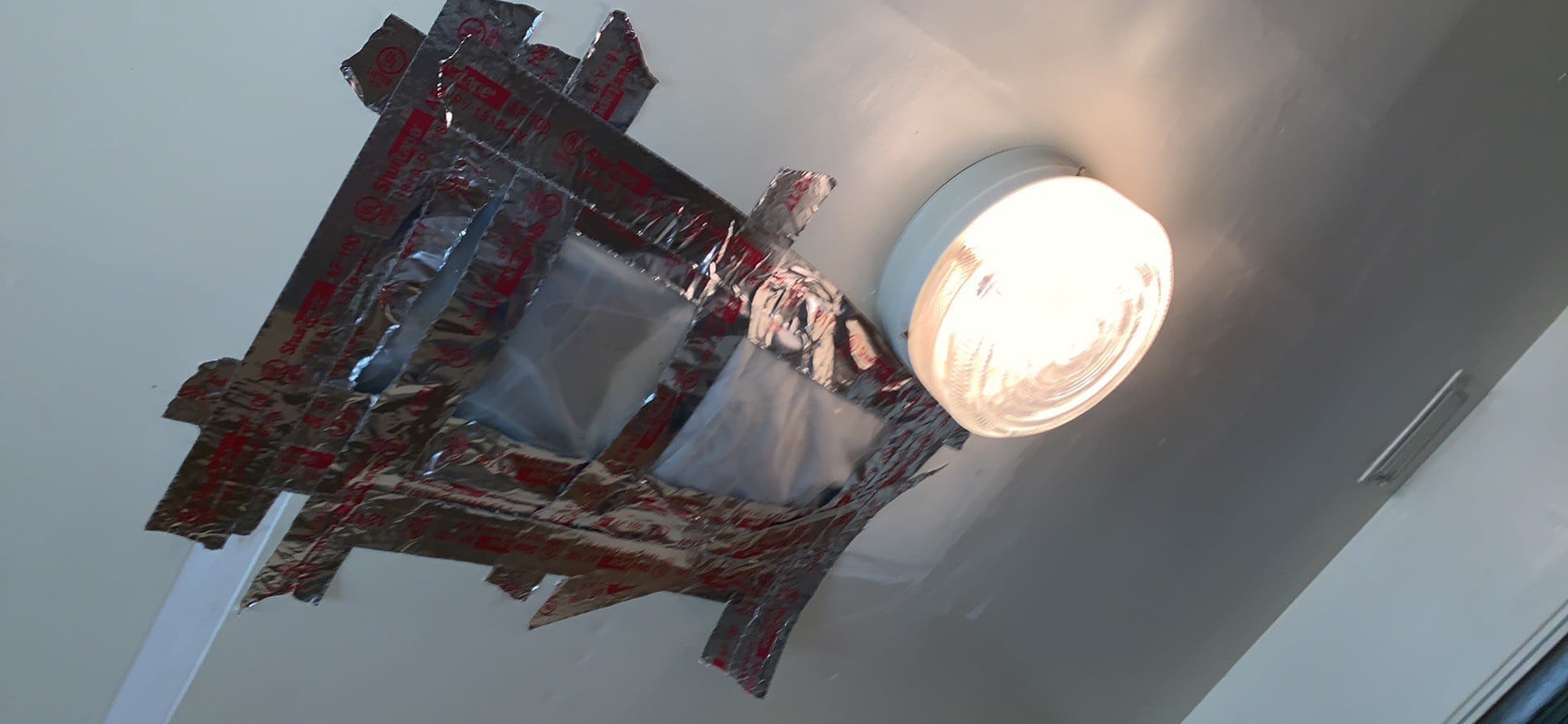Senate Armed Services Committee members will include a host of new privatized housing rules and reforms in their annual defense authorization bill this year, including pulling back some funding from outside contractors and redirecting it to housing improvements.
Full details of the plan won’t be released until later this week, when the senators finalize their draft of the legislation. But in a public mark up of the bill’s personnel section, Sen. Thom Tillis, R-N.C., said the moves were designed to “prioritize safety and comfort for military families” in light of recent reports of substandard housing conditions at bases around the country.
“The military service officials and their private housing partners have failed you,” he said. “As a result we have worked to include legislation to restore accountability and oversight in privatized housing … Military families deserve safe, high quality housing commensurate with the sacrifices they make every day for the security of our nation.”
RELATED

The topic has been a major focus of both chambers in recent months, since news reports emerged about serious problems at privatized military housing across the country. A Reuters investigation found evidence of mold, vermin and lead contamination in multiple base family housing units, and limited reaction from military officials to family complaints about the problems.
Tillis, who chairs the committee’s personnel panel, said after the hearing that the new provisions (if approved by the full committee) will include new regulations on both private contractors and military commanders.
“It’s not only about the private housing providers needing more accountability,” he said. “I think some of the drift we saw in the Defense Department was a contributor to the problems.”
Sen. Kirsten Gillibrand, D-N.Y. and ranking member of the personnel panel, said the language includes reducing some “extra housing payments” military officials make to private housing contractors in order to “allow the services to use the funding to improve housing and incentivize better performance by contractors.”
RELATED

The committee’s full authorization act draft is expected to be finalized by the end of the week. The House Armed Services Committee is expected to mark up their draft next month, and likely will include additional housing language.
The Senate Armed Services Committee legislation also includes plans for a 3.1 percent pay raise, matching plans already supported by the White House and the House Appropriations Committee.
That boost would be the largest for troops since 2010 and would match the federal formula for how annual military salary increases are calculated. For junior enlisted troops, it equals about $815 more a year in pay staring next January. For senior enlisted and junior officers, the hike equals about $1,500 more. An O-4 with 12 years service would see more than $2,800 extra next year under the increase.
Leo covers Congress, Veterans Affairs and the White House for Military Times. He has covered Washington, D.C. since 2004, focusing on military personnel and veterans policies. His work has earned numerous honors, including a 2009 Polk award, a 2010 National Headliner Award, the IAVA Leadership in Journalism award and the VFW News Media award.




